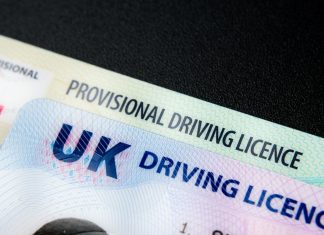
Last Updated on 1st December 2023
Recovering from an injury can be a long and emotional journey, depending on the type of injury you have suffered. While it is important to work on your physical health, you should not neglect your mental health.
Having a good mindset when dealing with recovery will help you stay on track and focused on your physical exercises. Here are some ways to keep your mental health in a good place while recovering.

Accept and acknowledge your feelings
If your injury stops you from doing things for yourself that you previously took for granted, it can be tough to come to terms with your situation.
Unless you make your peace with what has happened to you, you’ll likely be unwilling to accept the help you need to make positive progress in your recovery.
When you’re ready to acknowledge how your circumstances have changed because of your injury and what it means for your lifestyle, you’ll finally be able to start moving forward.
And remember that accepting your feelings doesn’t mean the pain and upset go away – they will still be there, but you’ll be in the right frame of mind to get better.
Control what you can
When your capabilities are limited, it can be easy to focus on the negatives – what you cannot do. Instead, your mindset needs to be geared towards what you can do.
When you take this outlook, you can find comfort in the fact that you are doing everything within your power to move forward and recover from your injury.
Set clear and achievable goals
This will help you feel in control of your rehabilitation. The goals you set for yourself should be SMART, which stands for:
- Specific: Be clear about what you want to achieve.
- Measurable: Make it something quantifiable.
- Achievable: If it is not, you may end up lacking motivation.
- Relevant: The reason you want to achieve your goal.
- Time-based: When you want it done by.

Focus on the moment
Do not pile pressure on yourself by thinking about how far you’ve still got to go in your recovery. Getting wrapped up in the distance between where you are and where you want to be can negatively affect your mental health.
If you look back and think about how far you’ve come, you’ll be more motivated to keep pushing forward in your recovery than if you focus on how much there still is to do.
Accept and ask for help
Recovering from an injury is hard, and it’s not something you should have to do alone. If you were injured in an accident that wasn’t your fault, speaking to personal injury claims specialists could help secure you compensation that can be used to aid your recovery.
Such funds can be used to access private medical treatment, adapt your home if necessary, and pay for any care you require.



































